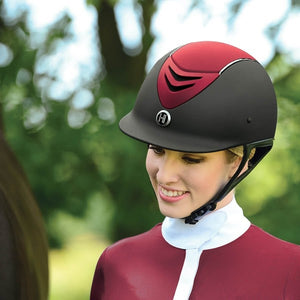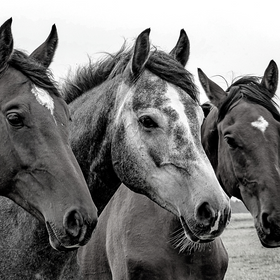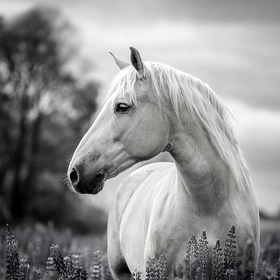
Top Arena Footing
Essentials of Arena Footing
Types of Footing Materials
Horse arenas for practice and competition can vary in material. Some of the most common materials that arenas choose are:
- Sand
- Rubber
- Synthetic Fibers
Sand is the most cost-effective choice for arena designers. However, it requires the most maintenance.
Rubber is the best choice if safety is your concern, but its availability and cost can make it difficult to install.
Finally, synthetic fibers are gaining popularity in new construction because of the traction it provides, but it is expensive.
Layering for Performance
Installing arena footing is a science. The first layer should be a material that will drain excess water away such as gravel. Proper drainage will keep your arena in top shape. On top of your drainage layer, you should put down a layer of sand. If you choose to use rubber or synthetic fibers, you will mix it in to increase shock absorption.
Finally, a fine layer of your finishing material such as sand will finish the footing of your arena.
Drainage and Maintenance
Without proper drainage, your arena footing will quickly wash away or pool. You will need to perform regular maintenance to your arena to keep it looking its best. Dragging and harrowing will help prevent water from pooling. Additionally, perform regular checks on the arena to note any issues or damage.
Footing Additives
Stabilizers and Binders
Proper footing is not too loose or compact. It is evenly distributed and helps prevent injury. Many arena designers will add stabilizer or binder material to improve the stability of the footing. Some common stabilizers and binders are:
- Wax coating
- Organic binders
- Polymer fibers
Moisture Retention Aids
Moisture is the enemy of your arena footing. Moisture retention aids help you maintain the correct level of moisture. Dry footing can compact and risk injury while wet foot is unstable which can also lead to injury. Some moisture retention additives are:
- Calcium chloride
- Gypsum
- Magnesium chloride
Footing Management
Daily Upkeep Routines
Maintaining your arena footing is a daily chore. This will help maintain it for regular use, extend the life of your materials, and keep all riders and horses safe from injury.
You will need to regularly drag the arena to avoid unevenness. Additionally, watering the arena after dragging will prevent dust from entering the breathing air. Finally, check the arena for unevenness, sticks, rocks, and other debris.
Long-Term Care Strategies
The footing of your arena is a long-term investment. On occasion, you will need to add new material to the top later to keep it even. It is easy to lose the fine top layer on horses and people. From time to time, you will need to rotate the footing material to avoid compaction.
Seasonal Adjustments
The changing of the seasons will change the demands of the arena footing. Ideally, you should cover your arena footing from extreme weather such as wind, rain, and snow. If your arena is uncovered, the wet season will water your footing for you and you will not need to do it as regular maintenance. If your season gets dry, you will need to increase your watering routine.





